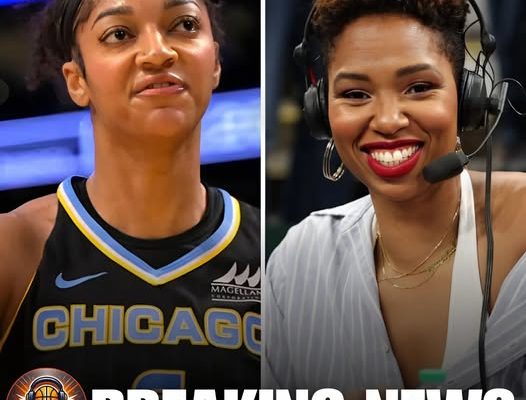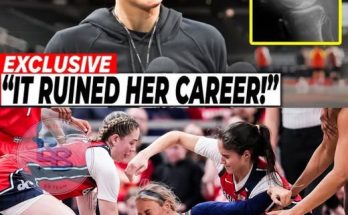The conversation around Angel Reese and her placement in the WNBA All-Star voting has ignited fierce debate, with Monica McNutt’s comments serving as the spark that turned simmering frustration into a firestorm. McNutt, a respected analyst and commentator, made waves when she declared, “If Angel Reese were white, she would be No. 1 — not No. 13.” Her statement directly confronted the possibility of racial bias playing a role in Reese’s All-Star snub, despite the rookie forward leading all players in fan votes.
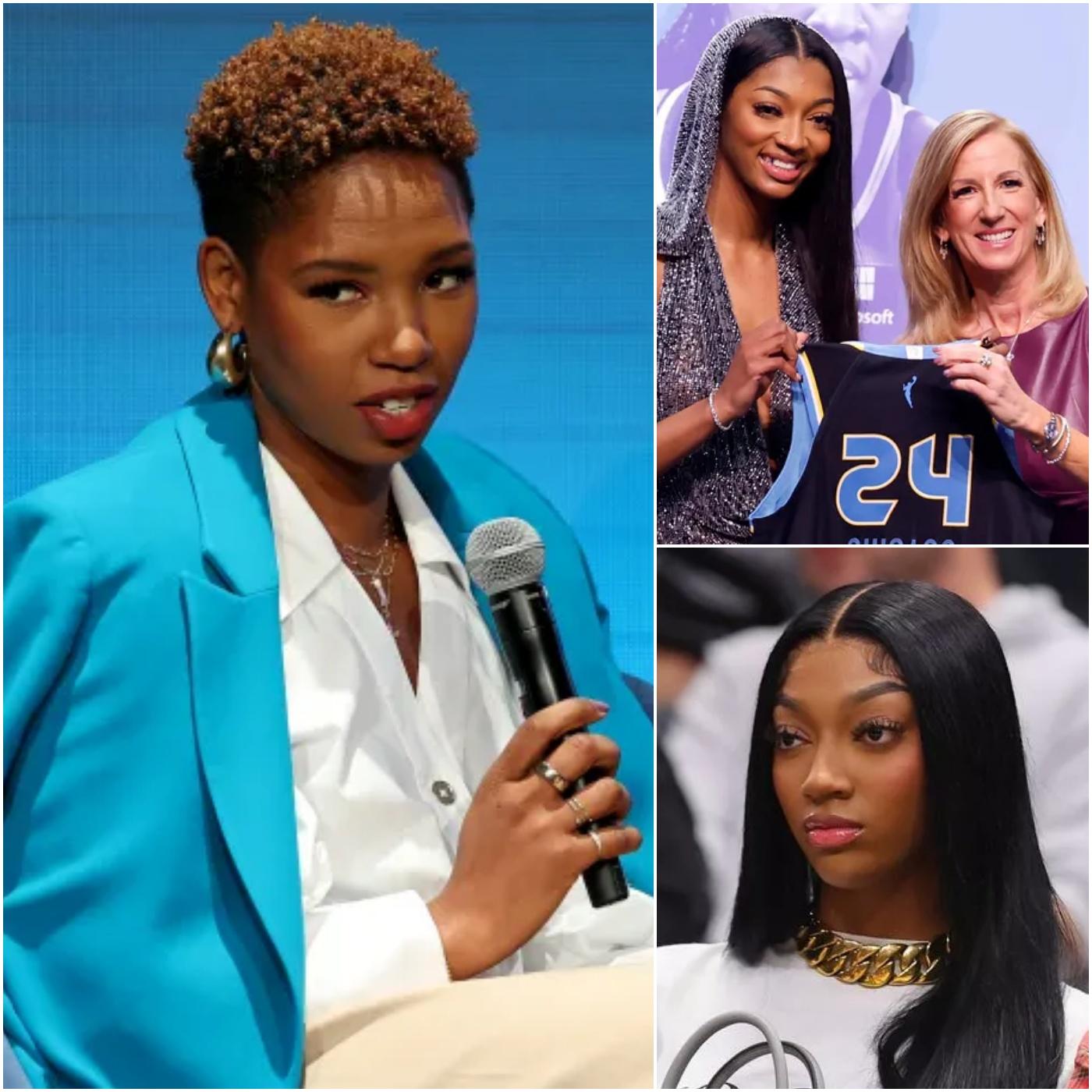
Reese’s omission from a higher placement has puzzled many observers. In a season where she has consistently been one of the league’s top rebounders and an emotional catalyst for her team, her popularity with fans has soared. Social media has buzzed with highlights of her relentless energy, her double-doubles, and her ability to influence games with effort and physicality. Leading the fan vote seemed to be a validation of her impact both on and off the court. Yet when the final All-Star selections were announced, Reese found herself ranked far lower than expected.
For McNutt, the issue extends beyond basketball statistics. Her comment suggests that systemic issues — including the way race intersects with perception — may have influenced how coaches, media members, and players voted. The implication is that while fans overwhelmingly supported Reese, the institutional mechanisms of the league did not reflect that same enthusiasm. The discrepancy has left many questioning whether Reese is being fairly evaluated or whether her outspoken personality and identity have made her a target of bias.
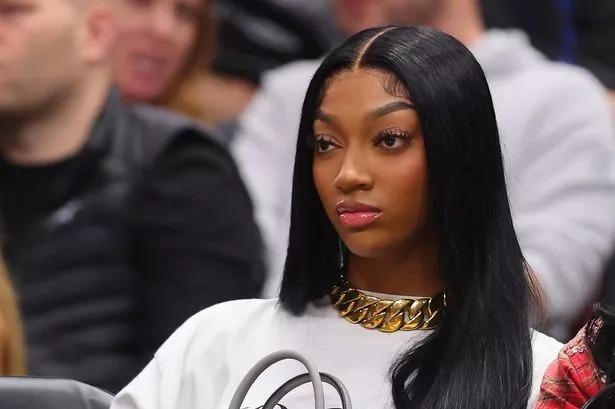
This controversy comes at a time when the WNBA is experiencing unprecedented visibility. With rookies like Reese and Caitlin Clark drawing massive audiences, the league has never been more under the microscope. Yet the spotlight has also magnified divisions, narratives, and cultural conversations. While Clark has been praised for her shooting brilliance and competitiveness, Reese has often been framed as polarizing — confident, brash, and unapologetic. To her supporters, these qualities are strengths that empower the next generation of athletes. To her detractors, they are reasons to diminish her accomplishments.
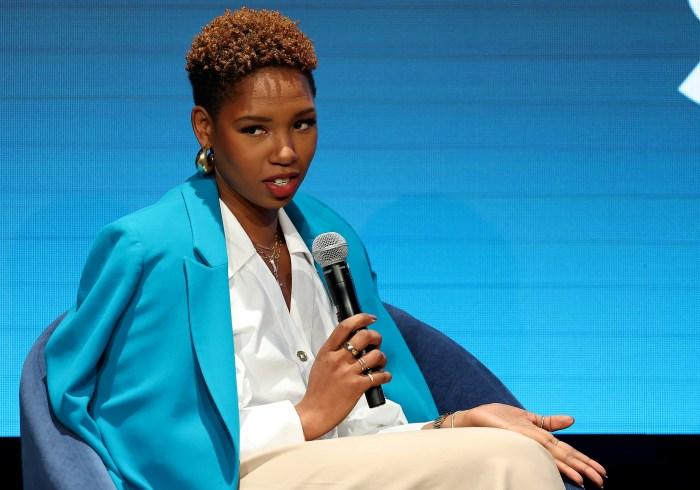
McNutt’s statement tapped into these dynamics with blunt honesty. By invoking race directly, she forced fans, analysts, and the league itself to grapple with uncomfortable questions. Is Reese being held to a different standard than some of her peers? Are her contributions on the court being undervalued because of who she is and how she carries herself? And perhaps most importantly, what message does this send to young players watching from the outside who aspire to reach the same stage?
The response to McNutt’s words has been predictably divided. Many fans applauded her for saying out loud what others were thinking, praising her courage in addressing what they believe is a long-standing problem. Others pushed back, arguing that All-Star selections are based on merit, and that suggesting racial bias undermines the integrity of the voting process. Still, the sheer volume of discussion proves that McNutt’s statement struck a nerve, forcing the league into a conversation it may have preferred to avoid.
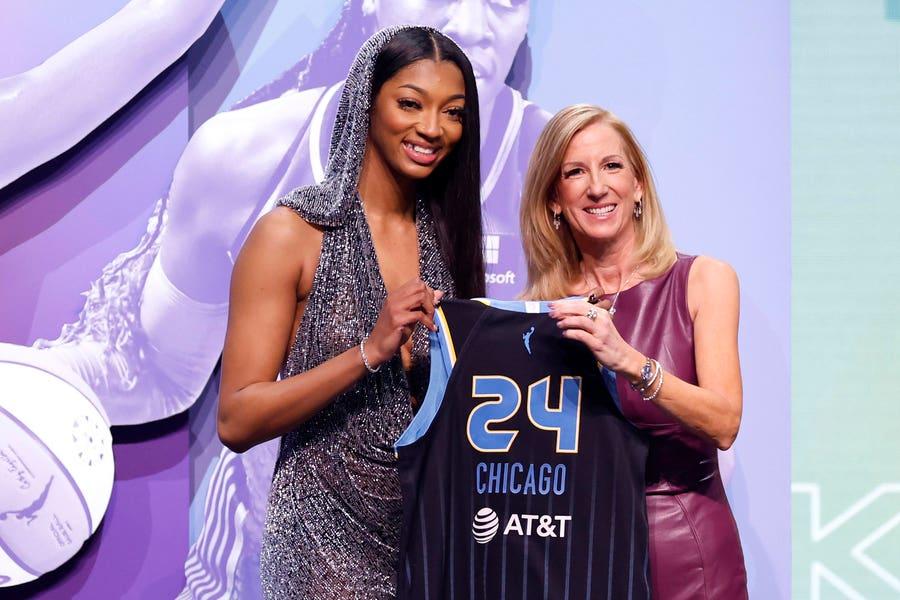
For Reese herself, the focus has remained largely on her game. She has continued to embrace her role as a central figure for her team, producing with consistency and passion. She has also shown a willingness to engage with fans, acknowledging their support and drawing energy from the fact that she topped the fan vote, even if the final rankings did not reflect that standing. Reese’s popularity continues to grow, making it difficult for the league to ignore her presence or the narratives surrounding her.
Ultimately, the debate surrounding Reese’s All-Star ranking is about more than one player. It reflects larger questions about representation, equity, and the way narratives are shaped in women’s sports. Monica McNutt’s comment may have been provocative, but it has undeniably placed a spotlight on the tension between perception and performance. As the season continues, all eyes will be on Reese to see how she channels this moment — and on the league to see whether it can rise to the challenge of addressing the deeper issues now laid bare.
